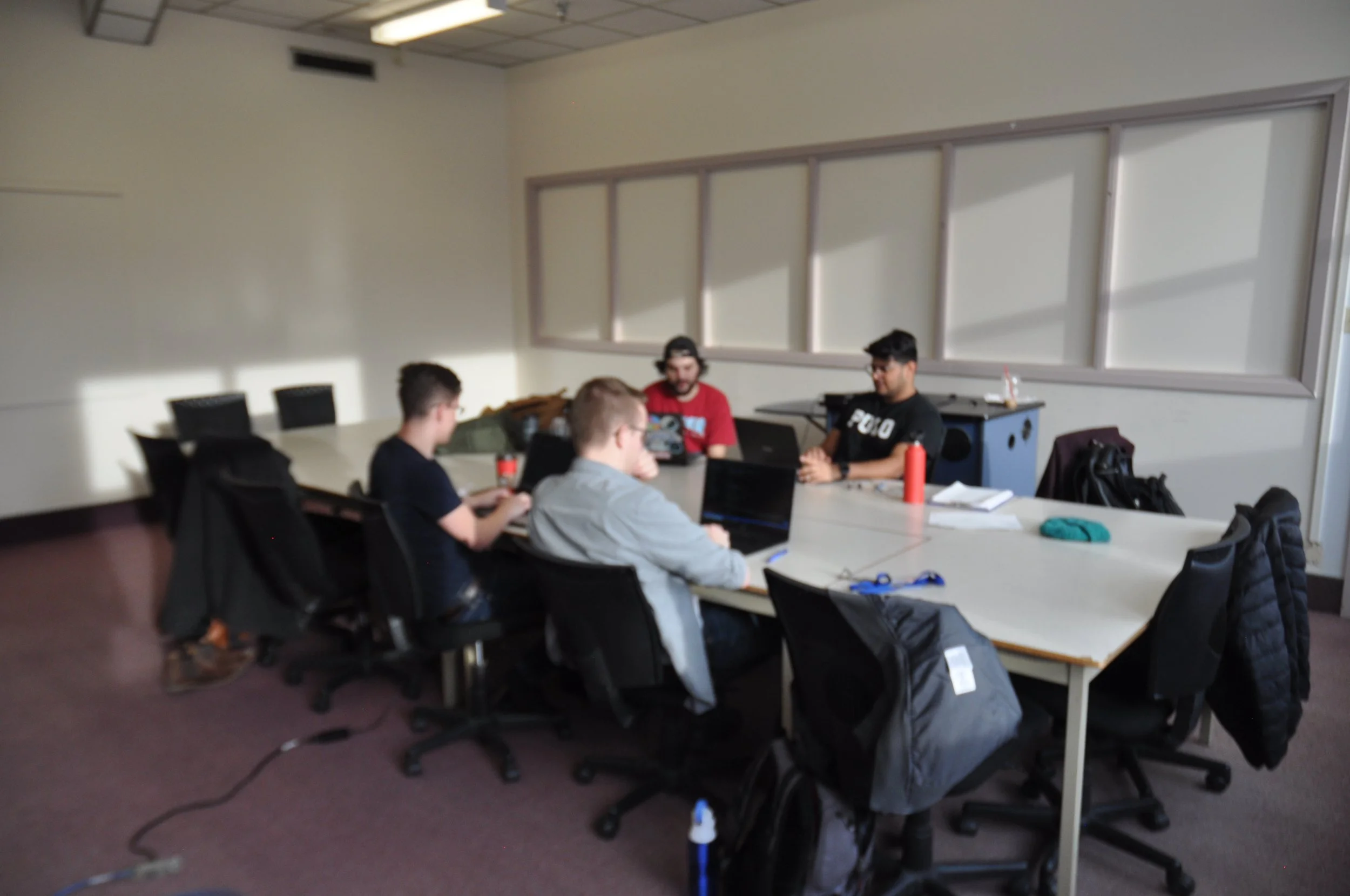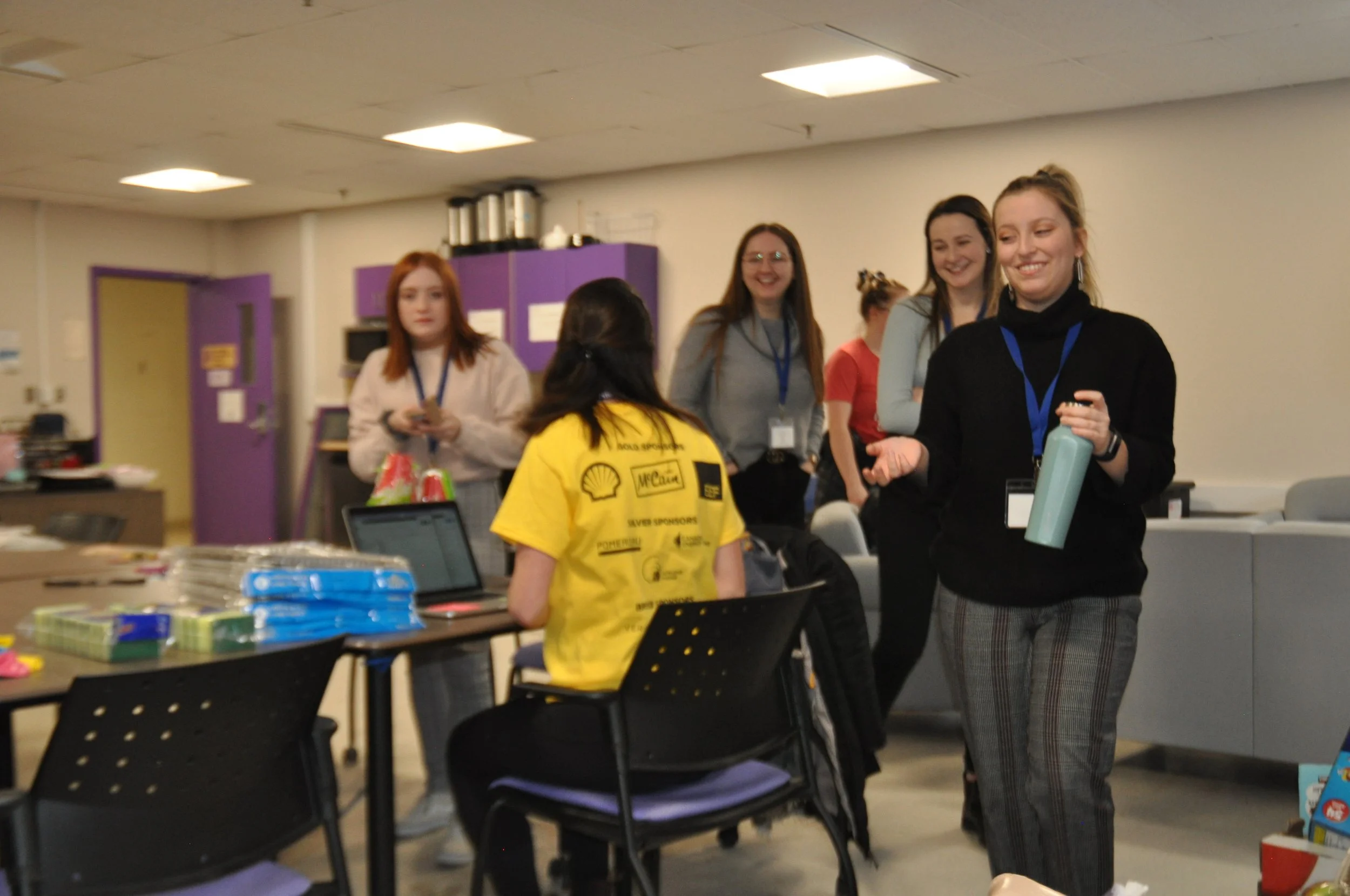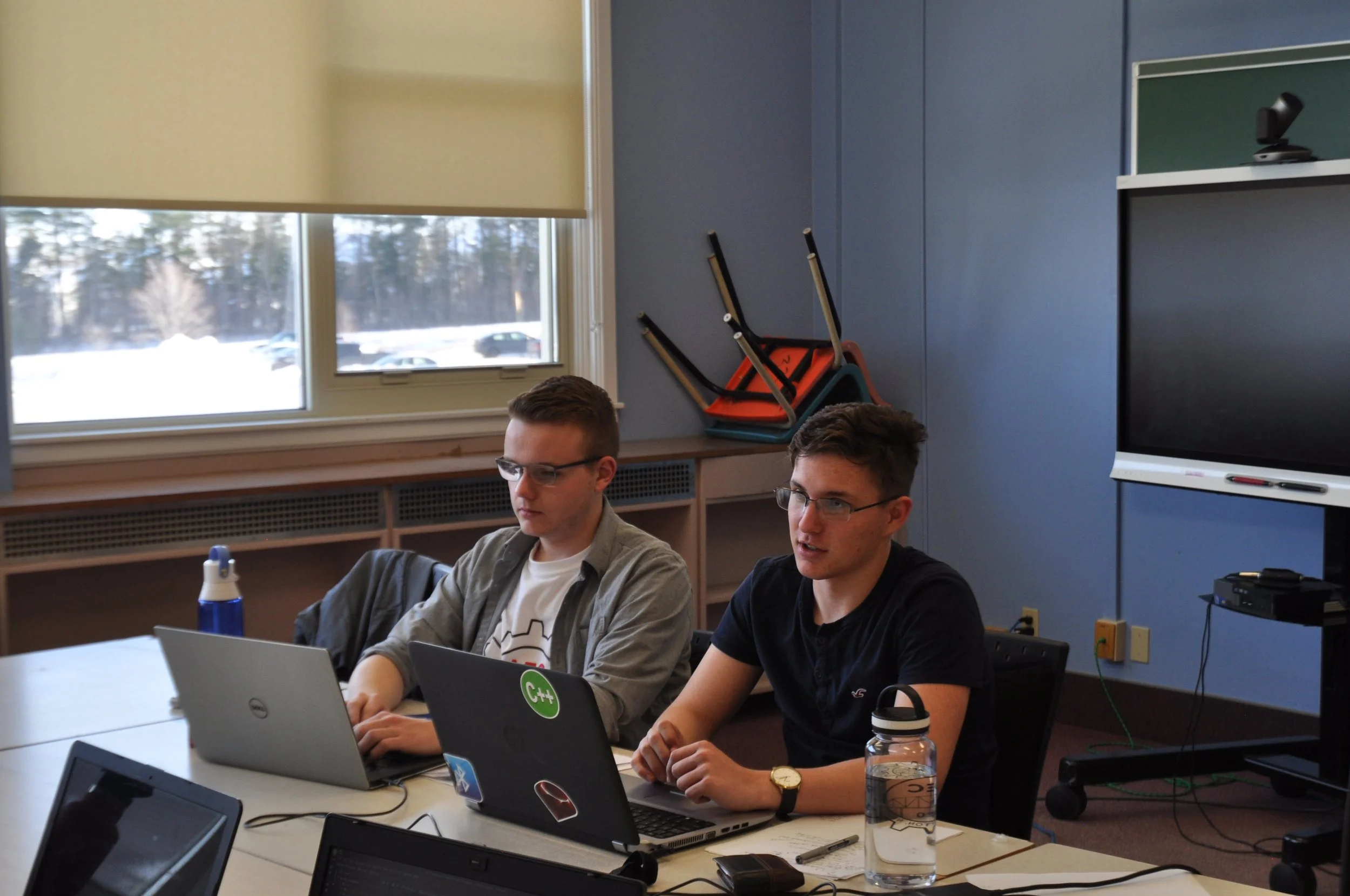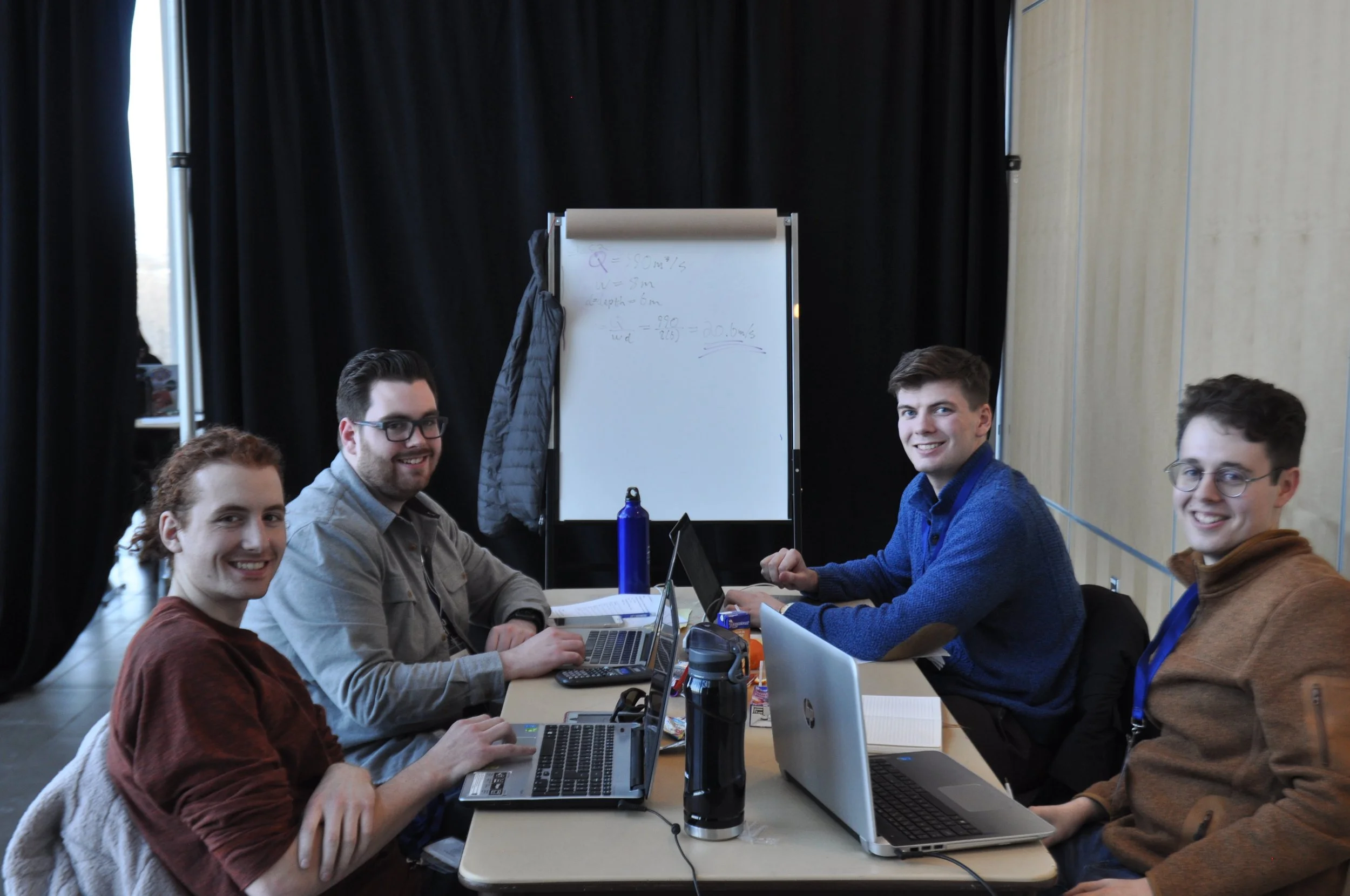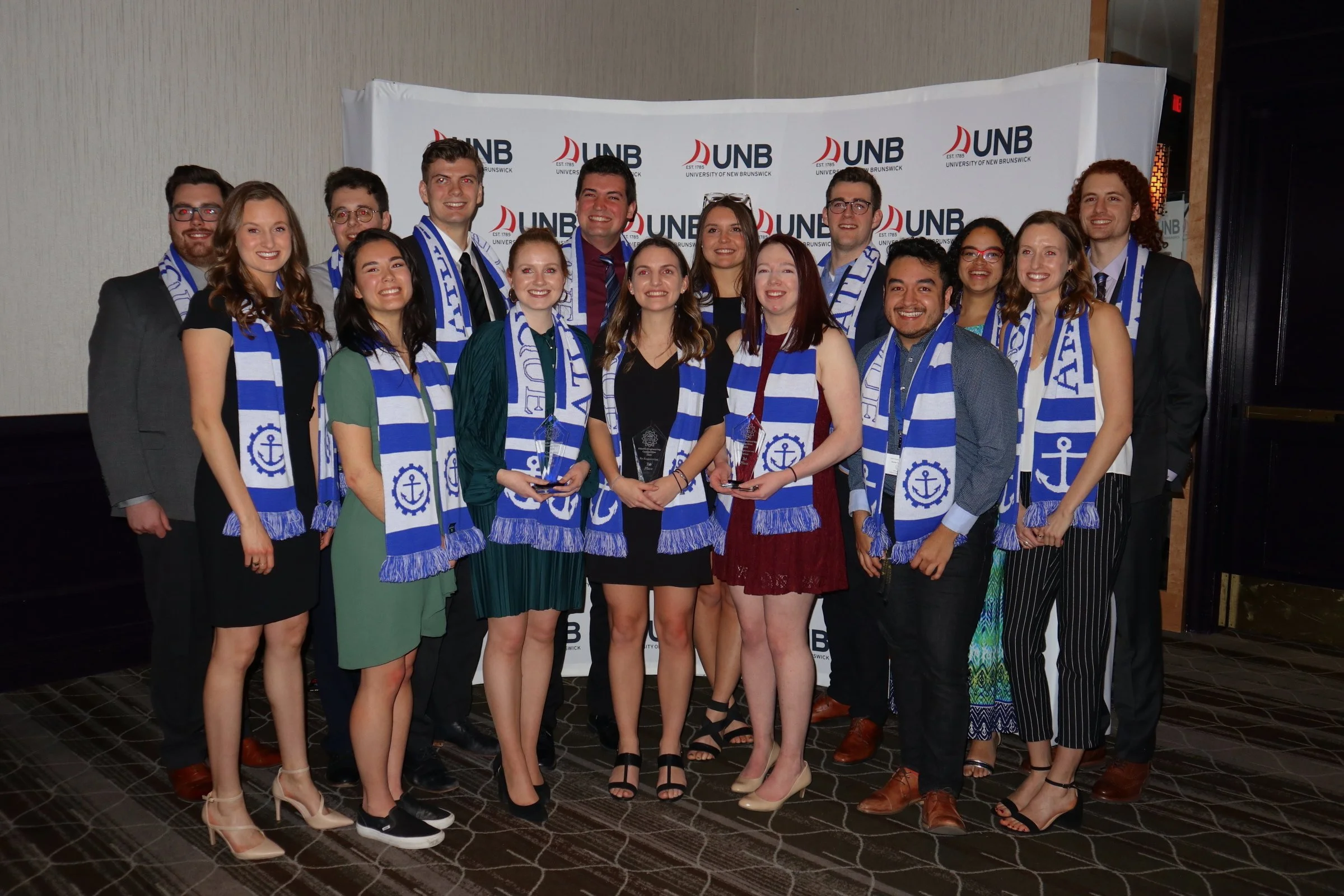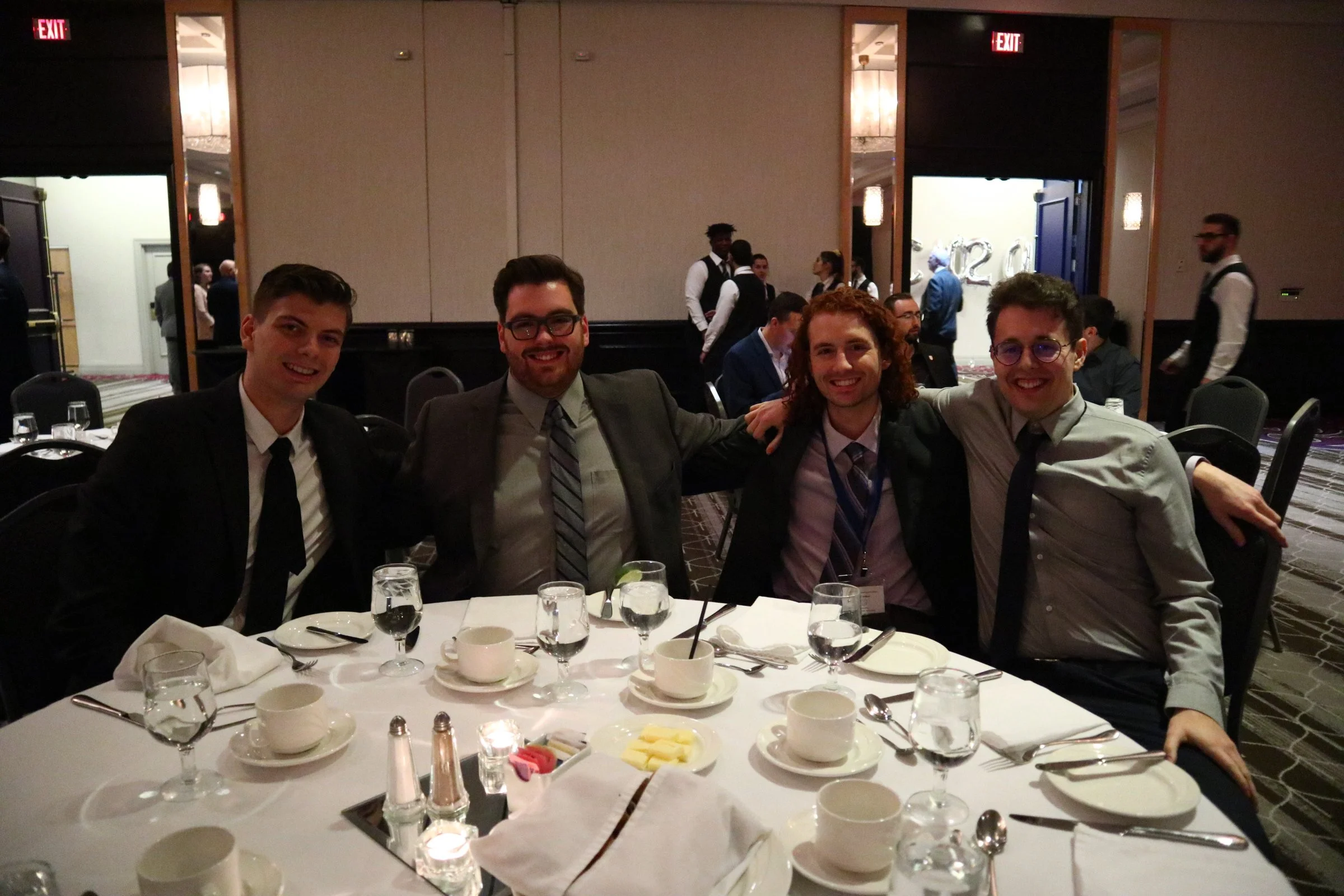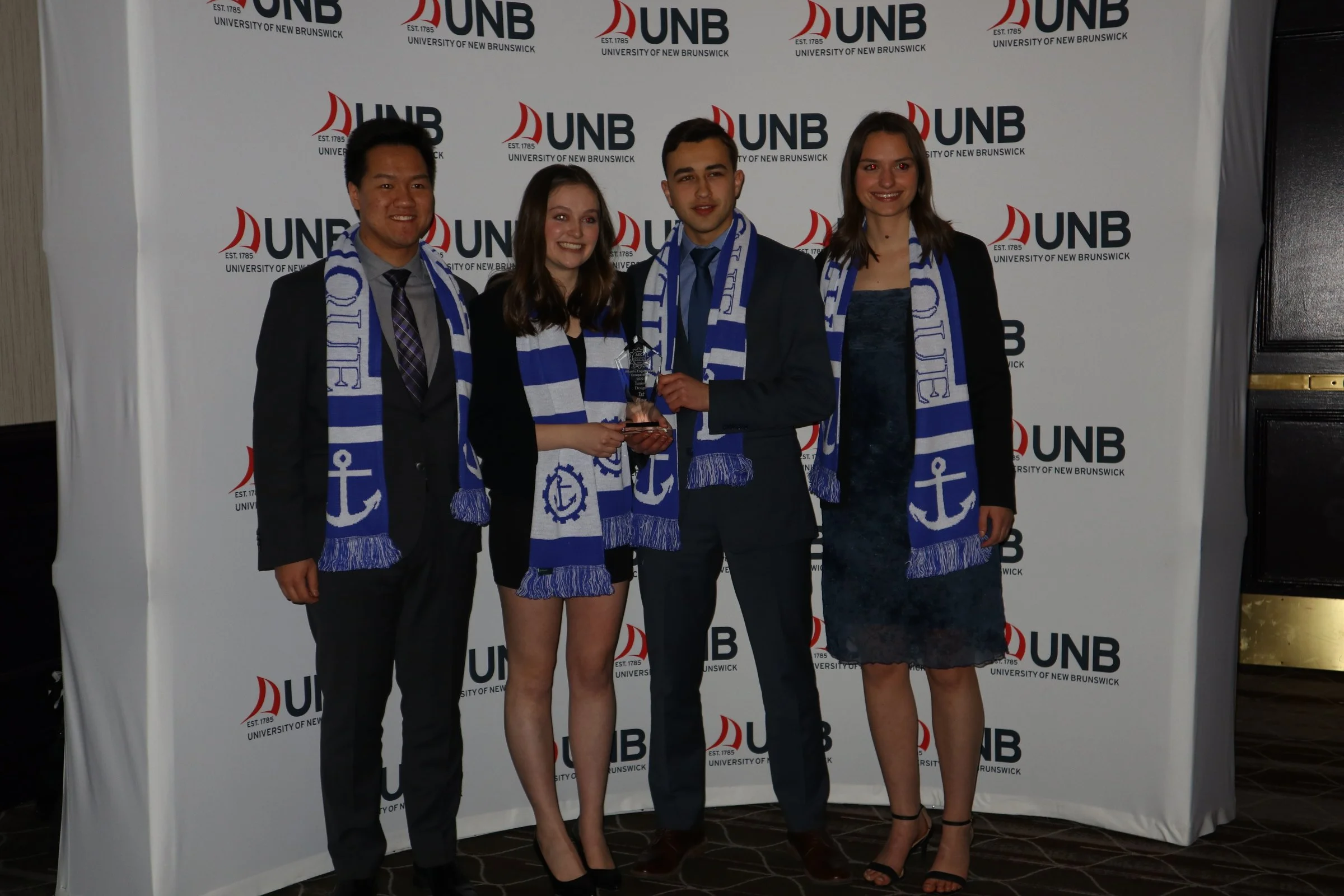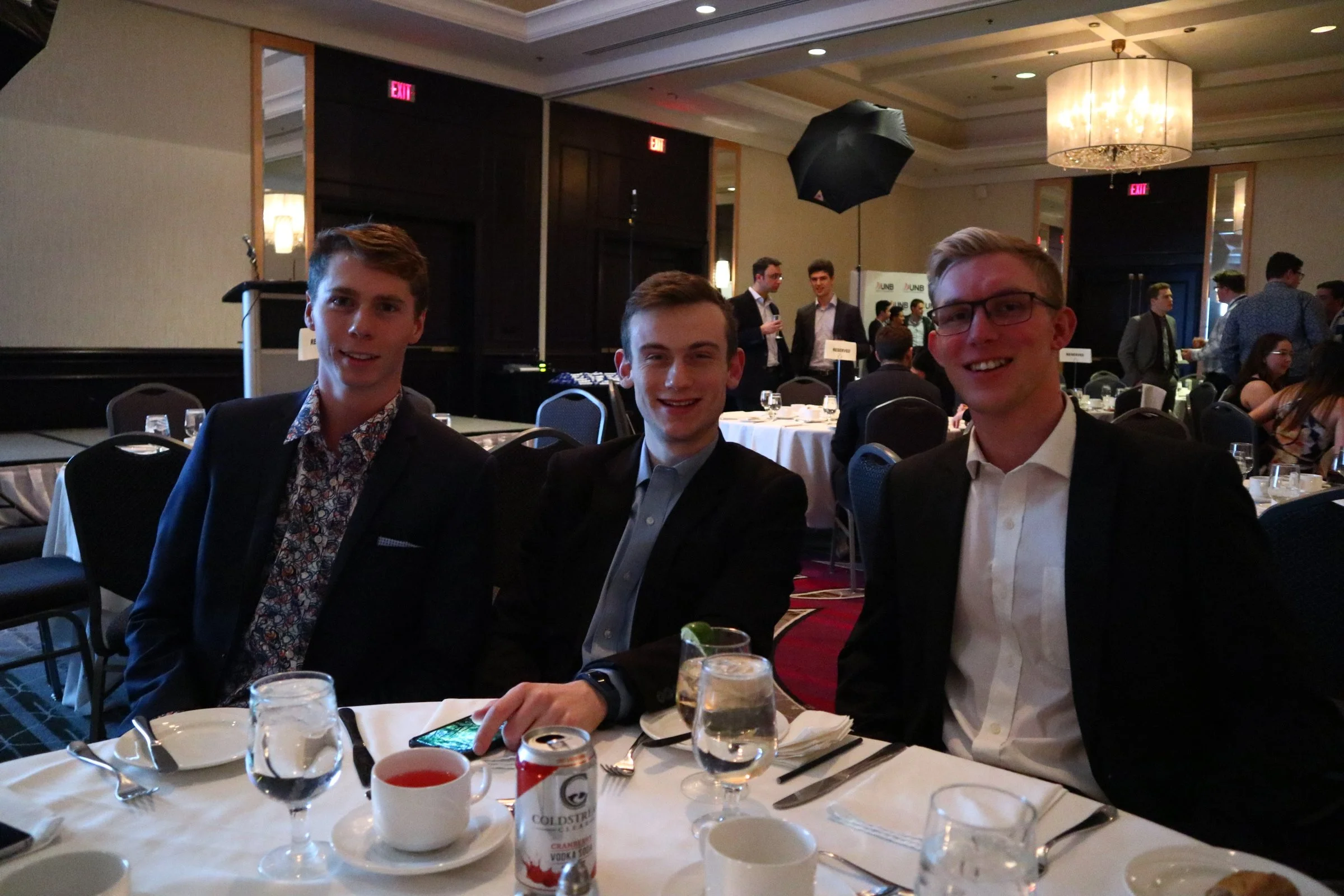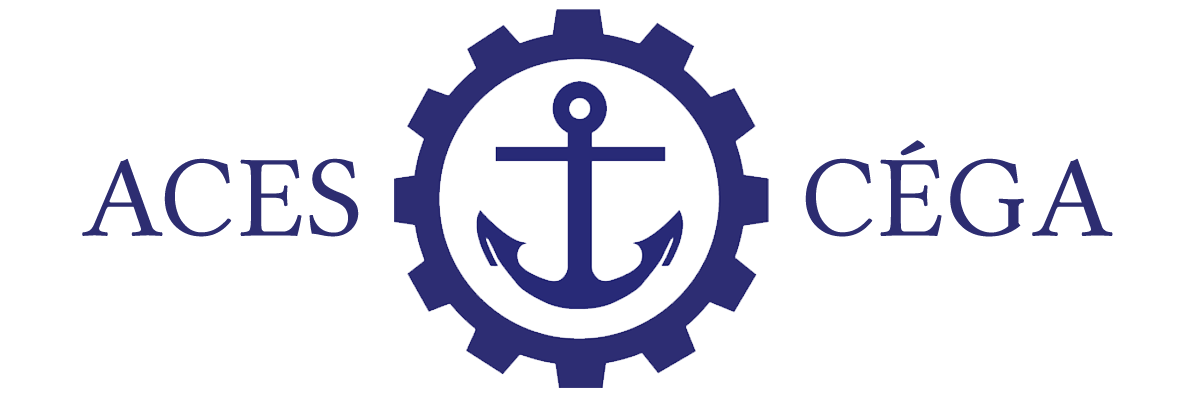The Atlantic Engineering Competition
Students in teams of 1-4 compete in a series of 8 competitions designed to test their innovative, problem-solving, and leadership skills – key qualities of a successful and well-rounded engineer. Winners of the AEC will represent the Atlantic Region at the prestigious Canadian Engineering Competition (CEC), where they will pit their skills against winners from similar regional competitions across Canada.
175+ Engineering Students. 8 Competitions.
Competition Categories
Junior Design
Competitors will be presented with a real-world industry problem and must generate a practical, creative and feasible solution. With limited time and resources, teams must design, create and test a physical prototype before delivering a brief presentation to a panel of judges. All competitors must be enrolled in the first two years of their engineering degree. As competitors will be at the early stages of their studies, the competition will be based off of a general level of engineering topics.
Innovative Design
Competitors will develop a sophisticated and commercially viable product or service that fulfills a need or improves on an existing design. During the competition, competitors will showcase their final recommendation in the form of a professional presentation to panel to judges.
Re-engineering
Competitors will be challenged to redesign an existing product or process either by improving an existing design or by adapting it for a completely new purpose. Competitors will be judged based on the functionality, practicality, feasibility and marketability of their final.
Engineering Consulting
The purpose of the Consulting Engineering competition is to challenge competitors to design a detailed solution to a large-scale engineering problem. The proposal must be made in a way that promotes the solution to the client (in the form of judges). Competitors must demonstrate resourcefulness while acting in good faith with the spirit of the competition.
Senior Design
Similar to Junior Design, competitors will be presented with a real-world industry problem and must generate a practical, creative and feasible solution. With limited time and resources, teams must design, create and test a physical prototype before delivering a brief presentation to a panel of judges. All competitors must be enrolled in the last two years of their engineering degree. As the competitors will be in the late stages of their studies, the design may require a collaborative effort from multiple engineering disciplines.
Programming
Competitors are tasked with producing industry-quality software to solve a given problem. The software will be presented to a panel of judges for evaluation.
Parliamentary Debate
Often in the industry, engineers are required to argue for or against a proposal with limited preparation time. Using the format of parliamentary debate, competitors will be assigned to either defend or refute a previously undisclosed resolution. The subiect of the debate will relate to the fields of engineering, and science and their impact on society.
Engineering Communications
Competitors will generate a sophisticated presentation in which they identify an applicable process or issue and generate a clear argument that analyzes the social, environmental, technical, and economic impacts associated with their argument. A professional presentation will be conducted to a panel of judges with varying technical backgrounds.
The Atlantic Engineering Competition (AEC) is an annual student-run initiative that began in 1983 and has since grown to become one of the largest and highly anticipated engineering competitions in Canada. The 3-day event, with participants from 9 universities across Atlantic Canada, provides a setting for students to develop meaningful relationships with their peers while demonstrating their engineering skills in a competitive environment.
AEC Co-chair
Philippe Levesque
Philippe Levesque (he/him/il) is one of the Co-Chairs for AEC. He is going into his 4th year of chemical engineering at UNB Fredericton. Outside of school, he enjoys watching and reading about Formula 1, and spending time with friends. He looks forward to organizing a great event with a wonderful organizing committee and welcoming you all to our beautiful city for a weekend.
AEC Co-chair
Sarah Boyd
Sarah Boyd (she/her) is in her fifth year of Electrical Engineering at the University of New Brunswick and is one of this year’s Co-Chairs for the Atlantic Engineering Competition. Sarah has previously held the Presidential and VP Finance roles on the UNB Engineering Society and the VP Academic and Second Year Representative roles on the Electrical, Computer, and Software Engineering Society. When not busy with schoolwork or student leadership, she enjoys playing ultimate frisbee, basketball, rock climbing, hiking, and reading. Sarah is very excited for AEC 2024 and can’t wait to host competitors from across Atlantic Canada!
AEC Chair responsibilities include:
Leading a team to organize the Atlantic Engineering Competition
Managing the quality of the events, accomodations, etc. to ensure a successful event
Overlooking all aspects of scheduling, budgeting to track the progress of planning keeping the event on budget
AEC Sponsors
Diamond
Platinum
Silver
Bronze
Iron
Historical Atlantic Engineering Competitions
Host University
2024: University of New Brunswick, Fredericton
2023: Dalhousie University, Sexton
2022: Université de Moncton
2021: University of Prince Edward Island
2020: University of New Brunswick, Fredericton
2019: Dalhousie University, Sexton
2018: Memorial University
2017: Université de Moncton
2016: University of New Brunswick, Fredericton
See Photos of AEC!
